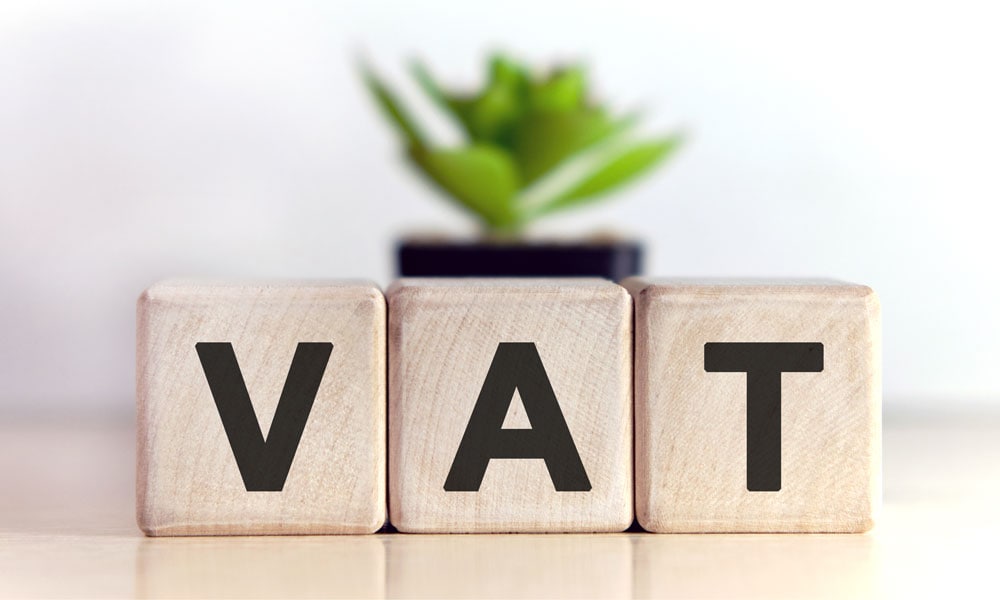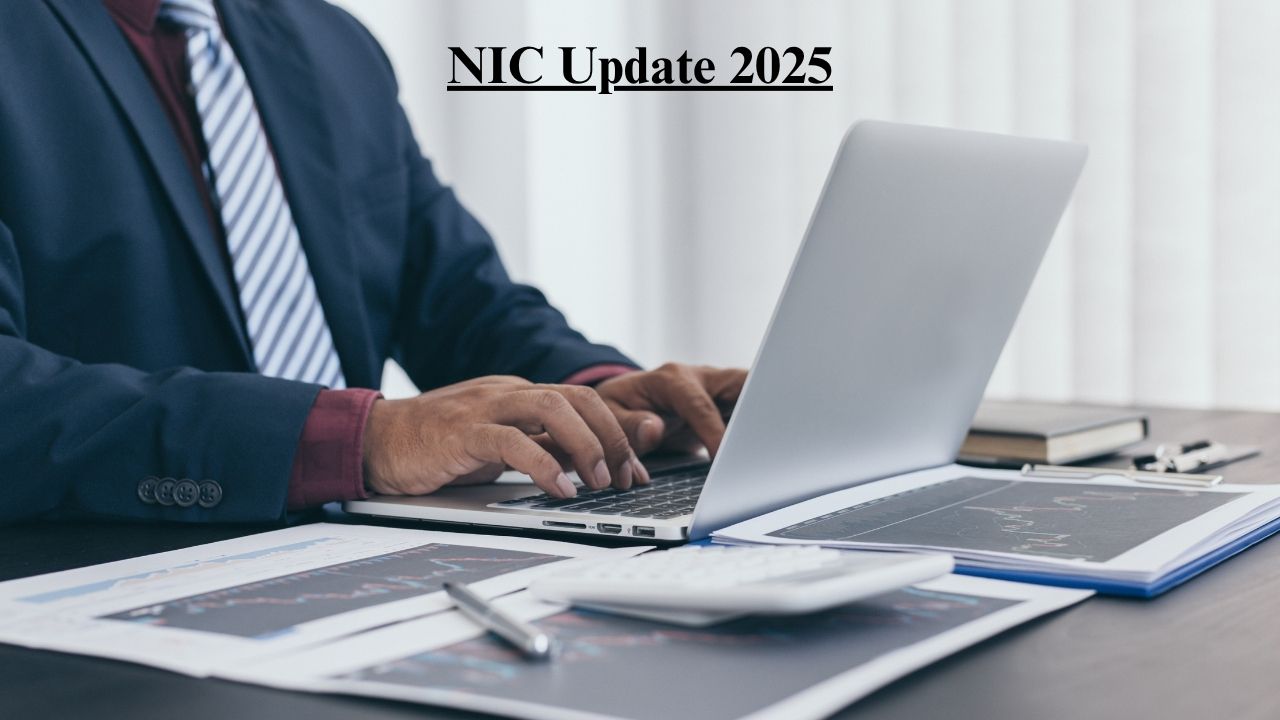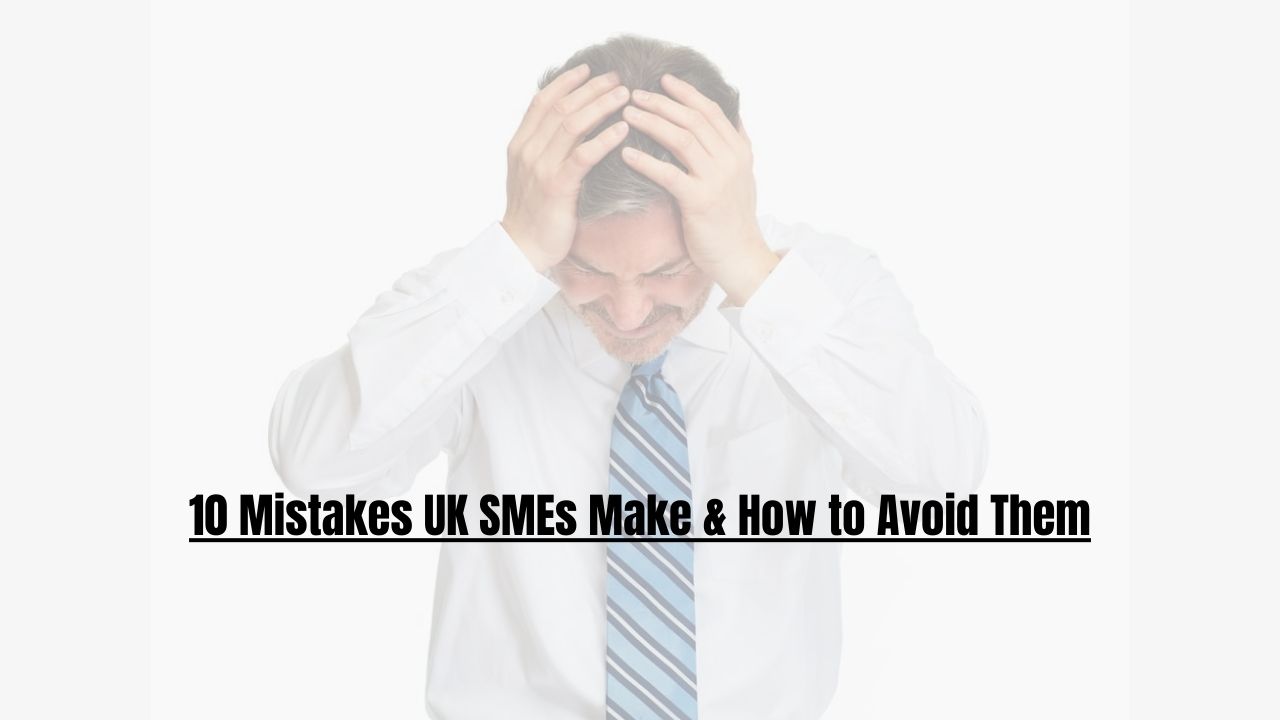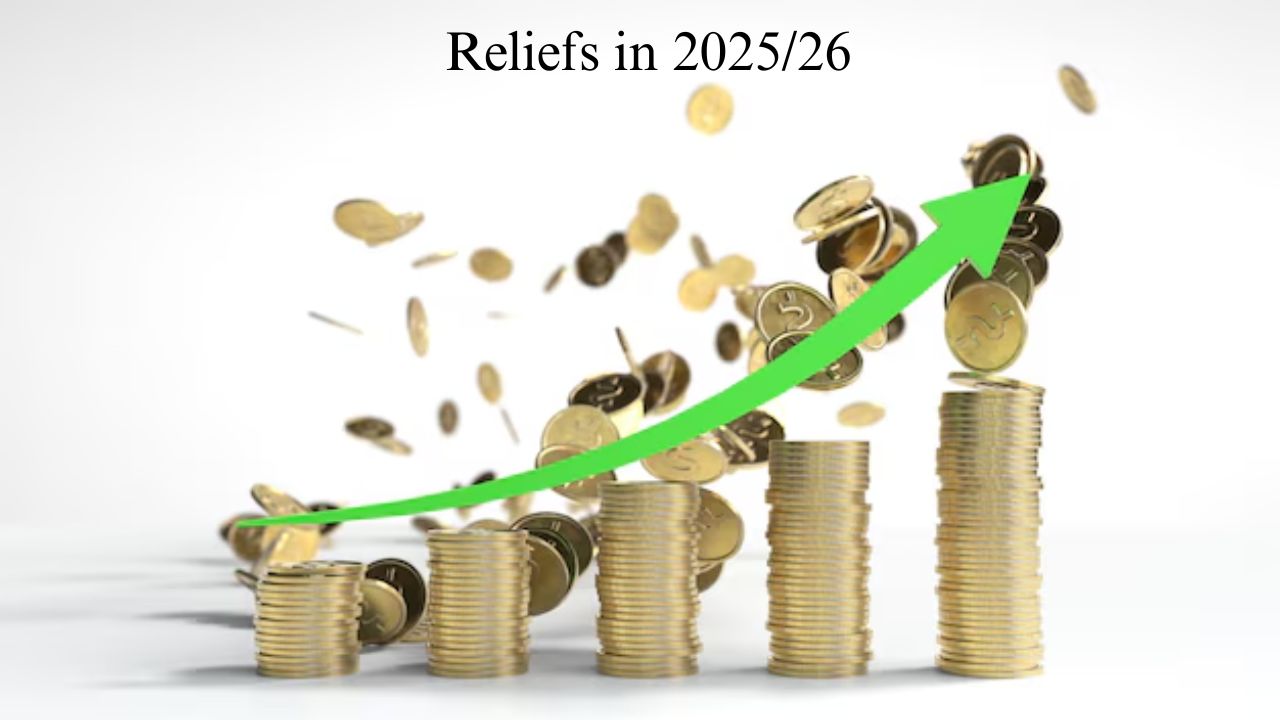
Understanding VAT Services for Small Businesses in the UK
Running a small business in the UK comes with huge responsibilities, especially when it comes to handling taxes. Value Added Tax is the one that small business owners need to learn to ensure compliance and smooth operations. In this blog, we will guide you regarding VAT services for small businesses in the UK, so you can grow your business.
What is VAT?
In simple terms, it is the extra money you pay when you buy something. It's included in the price of the item or service you are purchasing.
Who Needs to Register for VAT?
VAT is not mandatory for all businesses. It is only applicable to businesses situated in the UK, Only if
1. Your taxable turnover exceeds the VAT threshold: As per the current guidelines, this threshold is £85,000. If your business's taxable turnover exceeds this amount in any proceeding 12-month period, one must register for VAT.
2. You expect your taxable turnover to exceed the threshold: If you expect your turnover to exceed the threshold in the next 30 days alone, you must register for VAT.
3. You take over a VAT-registered business: If you take over a business as a going concern, you may need to register for VAT.
Types of VAT Schemes
Once registered for VAT, you'll need to choose a VAT scheme that best suits your business. The main schemes include:
1. Standard VAT Accounting: Under this scheme, you pay VAT on your sales invoices and reclaim VAT on your supplier invoices. This type of VAT return is submitted every 3 months.
2. Flat Rate Scheme: This scheme is easy for smaller businesses. Instead of reclaiming VAT on each purchase, you apply a flat rate percentage to your turnover and pay that amount to HMRC. You can't reclaim VAT on your purchases, except for certain capital assets over £2,000.
3. Annual Accounting Scheme: With this scheme, you make advance payments towards your VAT bill based on an estimate provided by HMRC. This is submitted by the end of the year.
4. Cash Accounting Scheme: Here, you account for VAT on the basis of when payment is received from your customers and made to your suppliers. This can help with cash flow, as you don't have to pay VAT until your customers have paid you.
Charging VAT
Once registered, you must charge VAT on your taxable supplies. The current standard rate of VAT in the UK is 20%, but there are also reduced rates (5% for certain goods and services like home energy) and zero rates (0% for essentials like most food and children's clothes).
VAT Returns
As a VAT-registered business, you'll need to submit VAT returns to HMRC. These returns detail your sales and purchases, along with the VAT you owe and can reclaim. You can usually submit VAT returns online through HMRC's website or using compatible accounting software.
Benefits of VAT Registration
While VAT registration adds administrative responsibilities, there are several benefits for small businesses:
1. Credibility: Being VAT-registered can enhance your credibility, especially when dealing with larger companies.
2. Reclaiming VAT: If you're VAT-registered, you can reclaim VAT on your business expenses, reducing your overall tax burden.
3. International Trade: If you trade internationally, being VAT-registered can make transactions smoother.
4. Avoiding Penalties: Registering for VAT and submitting returns on time can help you avoid penalties from HMRC.
Understanding VAT services for small businesses in the UK is crucial for ensuring compliance with tax regulations and maintaining smooth operations. By registering for VAT, choosing the right scheme, and staying on top of your obligations, you can navigate this aspect of your business successfully. Remember, it's always a good idea to seek advice from a professional accountant to ensure you're making the best decisions for your business.



